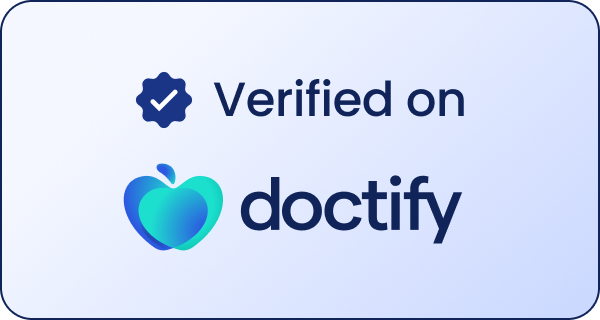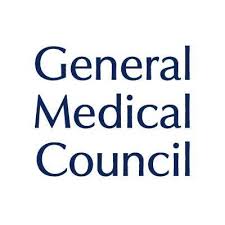What are phobias?
Phobias are intense, overwhelming fears of specific objects, situations, or experiences. While it’s common for children to have fears as they grow, a phobia is different – it is persistent, excessive, and can interfere with a child’s everyday life. These fears may seem irrational to others, but for the child, the anxiety is very real and distressing. Without support, phobias can lead to avoidance of activities and affect school, friendships, or family life. Examples of phobias include emetaphobia (fear of vomiting) and needle phobia.



